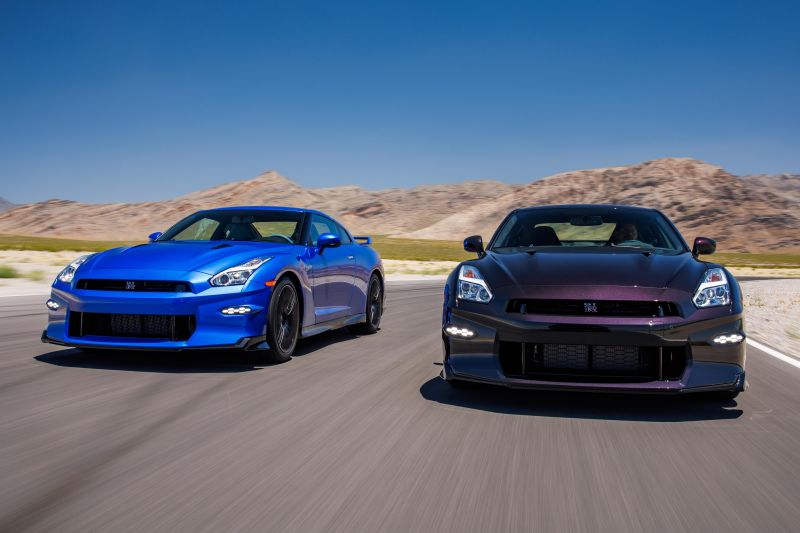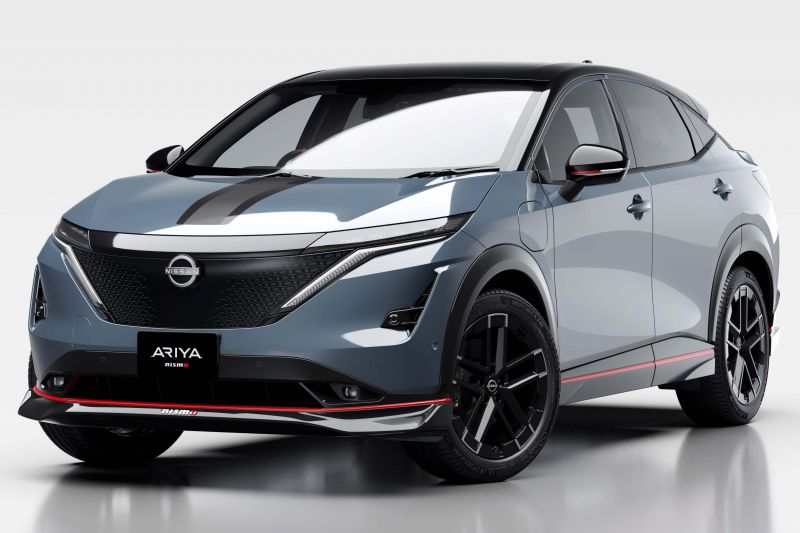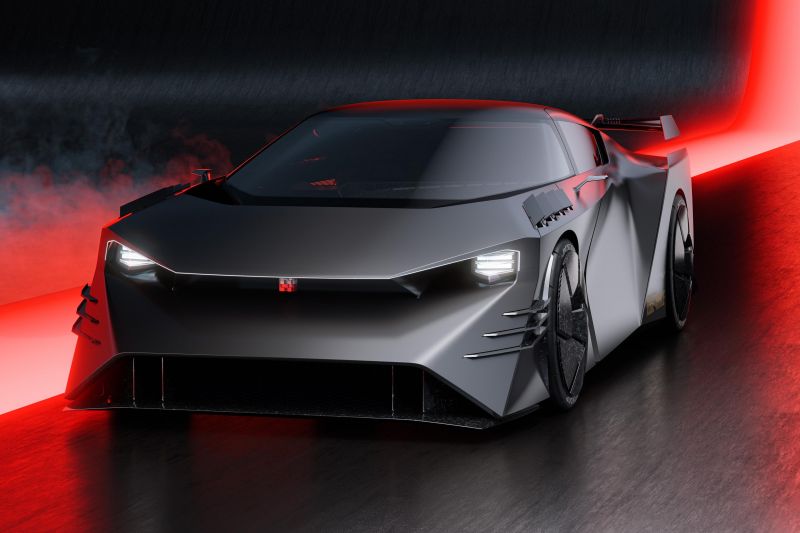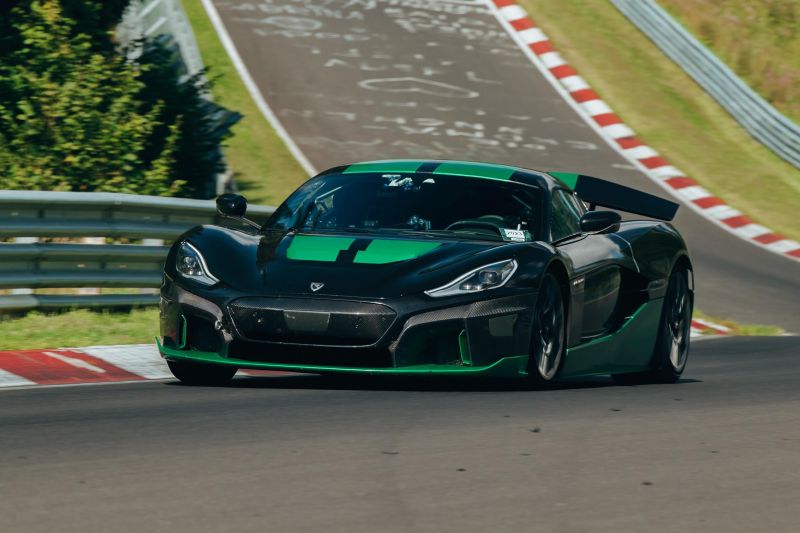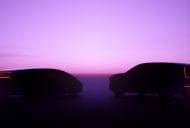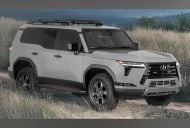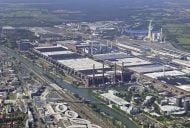Nissan is continuing to make steps towards its electric vehicle (EV) future, and there are suggestions the technology could even be used for the Japanese marque’s first hypercar.
Its first battery-electric SUV, the Ariya, was revealed in production guise in July 2020, while its Leaf hatchback has been in production since 2010.
Nissan has also been developing its e-4ORCE electric all-wheel drive system, of which a toned-down version will be fitted to the Ariya’s Nismo version – capable producing almost 300kW of power and upwards of 500Nm of torque, though battery tech will reportedly need to catch up to be appropriate for a hypercar.
Nissan global product strategy vice president Ivan Espinosa told Top Gear an electric hypercar was “a difficult thing to do”, though he didn’t rule it out as a possibility.
“The technology is certainly there, and with the very first all-solid-state batteries scheduled for 2028, I’m hopeful that we can start seeing them applied to some sort of hyper-EV,” he said.
Nissan is aiming to launch an EV with its proprietary all-solid-state batteries in 2028, which will be produced at its special battery production facility in Japan. Located at the company’s Research Centre, the facility was unveiled in 2022.
Nissan said at the time solid-state batteries have an energy density “approximately twice that of conventional lithium-ion batteries, significantly shorter charging time due superior charge/discharge performance, and lower cost thanks to the opportunity of using less expensive materials”.
Mr Espinosa outlined limitations in preparing such a battery for a hypercar, though a car could be developed around the finalised battery “very easily”.
“First, we need to get the batteries to the level where we can package them properly because they’re super low, so you need very high density,” he told Top Gear.
“Once the battery is ready, we can develop around that very easily, but the challenge today is just getting it complete. We would rather spend a good amount of time building something people can really use.”
Mr Espinosa suggested the difficulty in producing an electric hypercar was not speed or acceleration and instead cornering ability, as the added weight from the electric tech created a challenge in dialling-in the balance of the car.
As such, the focus of developing a car would be placed on tuning the car’s balance, while also figuring out how to best put its power to the ground in an efficient, “smooth and controlled way”. He told Top Gear that Nissan “leveraged a lot of lessons from the GT-R“, which would be put into the development of EVs.
“I think as customers learn more about EVs, and as soon as customers get their hands on a really good EV that’s properly tuned for the track, they’ll find it super fun,” he said.
“The acceleration out of a corner is far quicker than combustion-engined cars, and the level of control is much higher.
“With a GT-R this could be a good thing since it’s a car that’s easy to drive on track because of the systems it has, and you can deliver that same experience with an EV. The response times are quicker and the level of precision is higher.”
Nissan has previously teased us with what an electric hypercar could look like, and it’s not that different to its current hero model.
At last year’s Tokyo motor show, it unveiled the Hyper Force concept which, for all intents and purposes, is expected to become the next GT-R, with 1000kW available through an all-wheel drive system.
Sadly it’s not yet been confirmed for production, but its design was a radical take on the GT-R’s generational design elements.
Electric hypercars aren’t anything new, and there’s a fair few competitors Nissan would be going up against if it were to produce one of its own.
Among the upper echelon of the category is the Rimac Nevera, which is capable of a 0-100km/h time of around 1.8 seconds. All that comes at an eye-watering premium, as it’ll set you back upwards of $3 million.
The more accessible options include the Porsche Taycan Turbo GT and the Tesla Model S Plaid, though the latter isn’t available in Australia. The Porsche is already a lap record-holder at the Nürburgring.
Lotus and Volkswagen also have their own challengers in the form of the Evija and non-road legal ID.R respectively.
MORE: Everything Nissan
MORE: Nissan solid-state battery plant could spawn longer-range electric ute
MORE: Godzilla! Nissan Hyper Force is an electric GT-R in disguise

